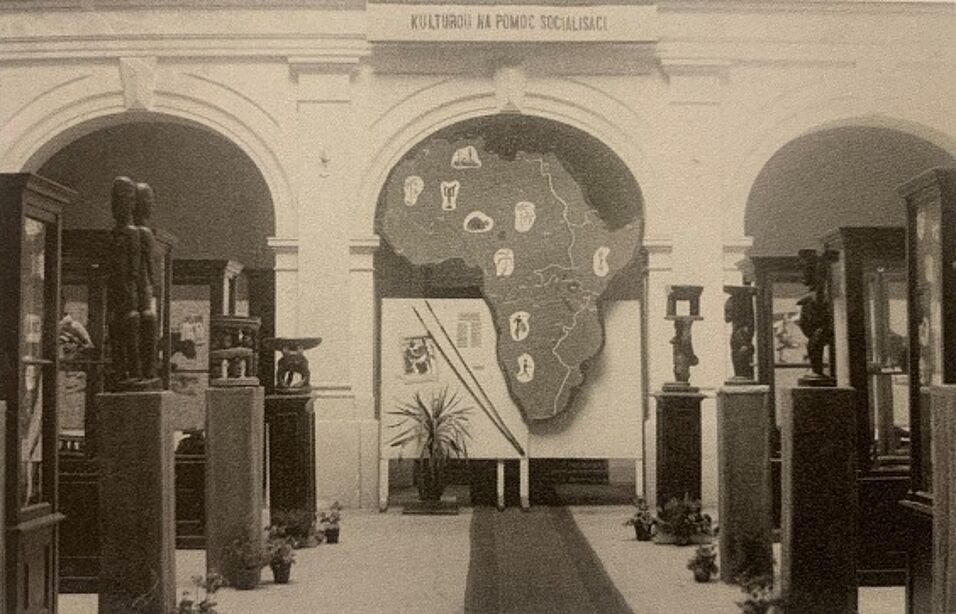19–20 September 2024
Hochzeitsoktogon, Upper Belvedere
Prinz-Eugen-Straße 27, 1030 Vienna, Austria
Organizers: Anna-Marie Kroupová & Noémie Étienne (University of Vienna)
This workshop challenges traditional East-West Cold War narratives by examining the cultural interactions between communist Europe and the Global South. We will primarily focus on art, culture, and heritage as sources of new insights into historical narratives. We ask the following questions: How can artistic expression contribute to the rethinking of historical narratives? How have political circumstances shaped artistic and cultural production, and vice versa? What were the underlying power dynamics? And what are the contemporary legacies of such interactions? We will examine the role of various artistic media, personal actors, and cultural institutions as conduits for diplomacy and solidarity in the second half of the 20th century and investigate the multifaceted exchanges that shaped these relationships. By discussing a variety of transcultural case studies alongside theoretical frameworks, the workshop shall identify the key actors who have been instrumental in fostering long-lasting camaraderie and cultural exchange with decolonized regions. In doing so, the workshop will ultimately address the significance of cultural diplomacy in shaping historical and contemporary global relations and the corresponding solidarity movements.
For the program, see the event page.
To register, please contact workshop.ironcurtains@gmail.com, as space is limited. Include your contact information and the specific days/sessions you wish to attend. Attendance is free and on a first-come, first-served basis.
For the livestream of the workshop, please also contact workshop.ironcurtains@gmail.com. The Zoom link will be provided in due time.

